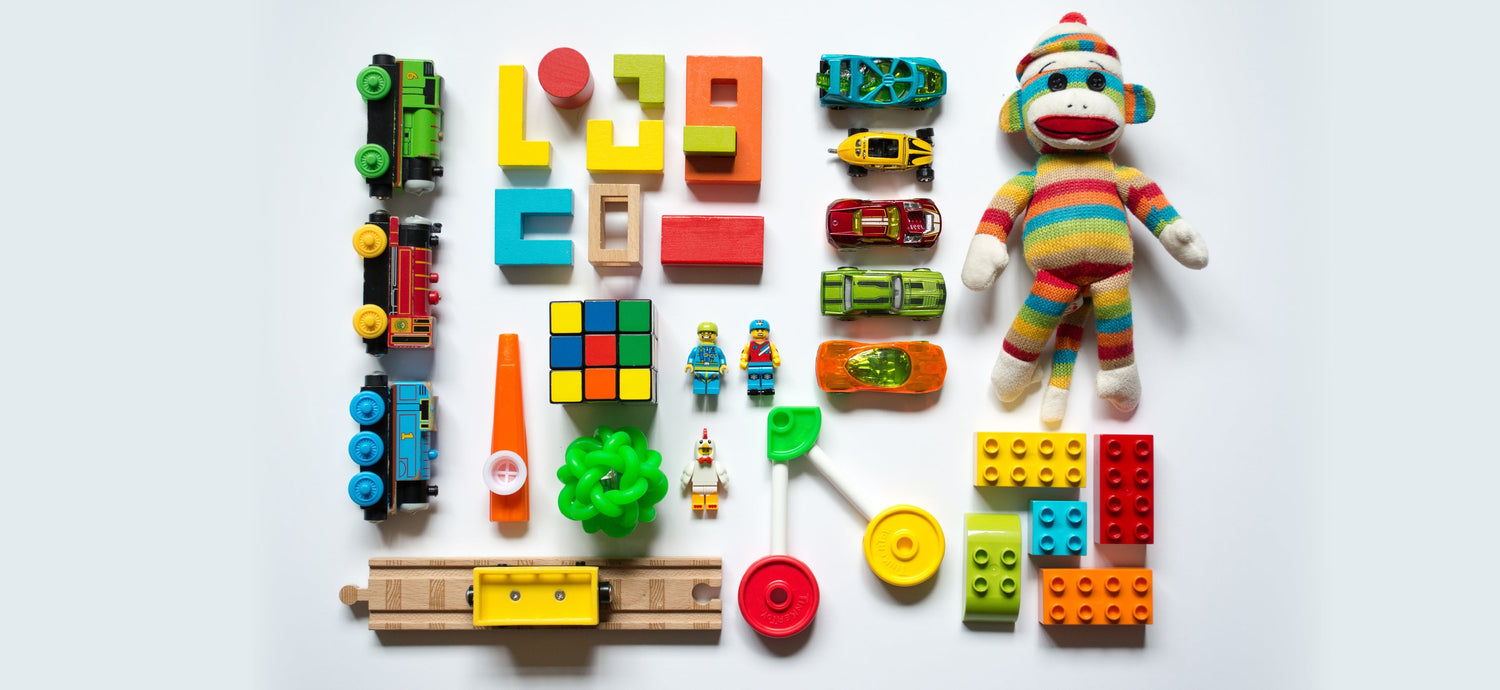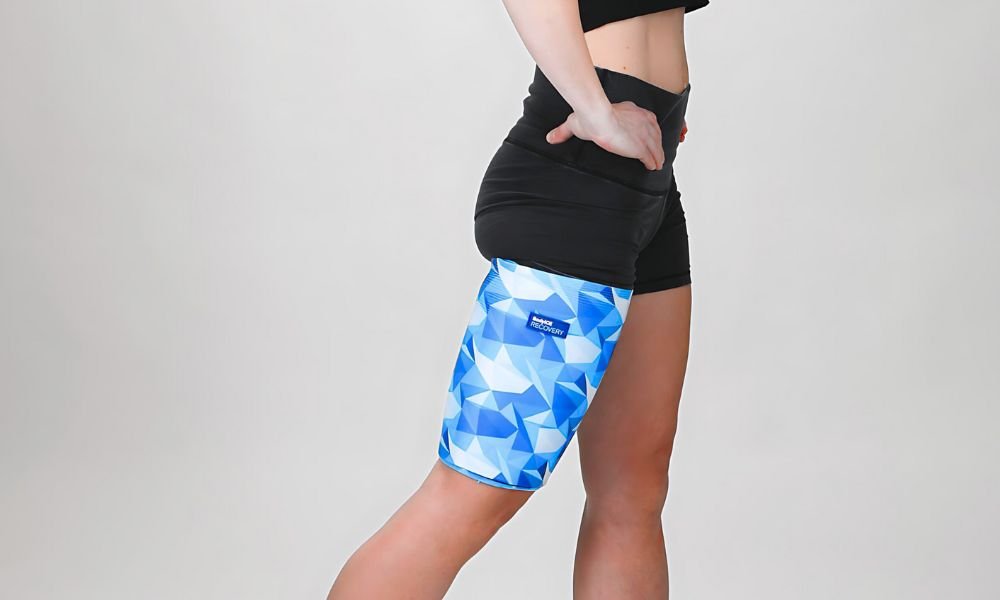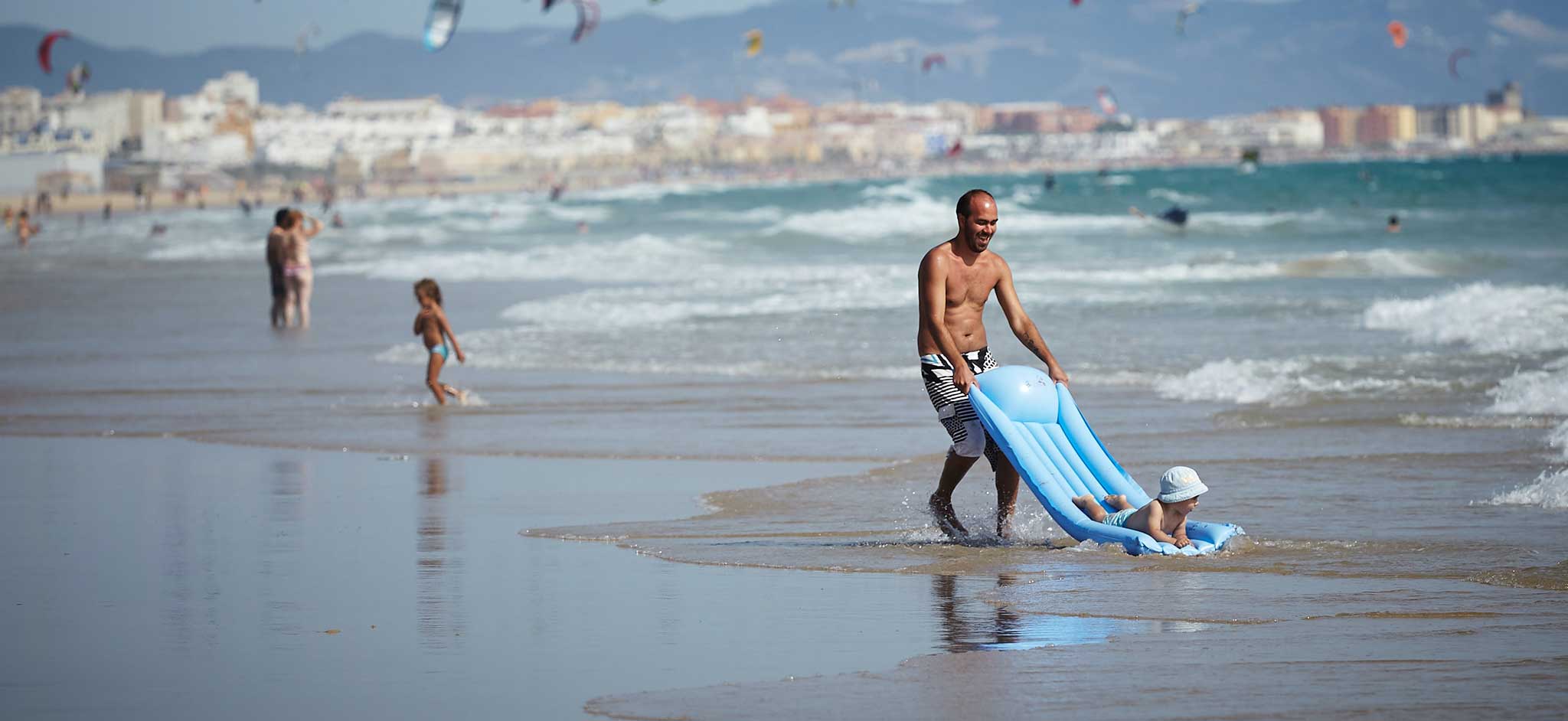Top 5 Ways to Teach Kids Organisational Skills
When I was in my teens I did some babysitting for the neighbours across the street. Now this was back in the 1980’s when babies still wore cloth nappies tethered with safety pins — and that’s what little John (about 18 months old) was wearing when I arrived at the front door. About 30 minutes into my baby-sitting gig (after a toilet stop) I found baby John crawling around the carpet sans nappy .. and do you think I could find that sucker? Seriously I searched that house up and down — until I suddenly thought to look in the laundry basket. Sure enough there it was. I’ve never forgotten that an 18 month old baby already knew to put away dirty laundry, now that’s some great parenting.
Hi, my name is Mel and today I’m guest posting for Lydia and the BodyICE team, sharing how I’m (well .. it’s a work in progress) teaching my own adopted son some organisational skills. Imagine 3 years ago taking on a 7 year old from overseas who lived in dire poverty? He didn’t even know how to wash himself properly or use a toilet (let alone read or go to school) and now I’m trying to assimilate him into a private school education. It’s been a steep learning curve helping him overcome the carnage that falls out of his school bag every day, but I’m persevering.
Getting organised is something anyone can do to make a huge difference to the quality of life. When you know where stuff is, and have simple routines and habits in place, you can free up an incredible amount of otherwise wasted time and energy. Taking this a step further by guiding your children with love and positive examples helps them approach their school day and homework in an organised way and builds success habits that will stay with them for a lifetime.
The team at BodyICE are passionate about great parenting and inspiring potential in children everywhere. So I am super excited and incredibly honoured to be invited to share my 5 top ways to teach kids organisational skills. Let’s go!
1. Start slowly
The fact that you are reading this blog, means you might be feeling a little overwhelmed at home and looking for solutions. Chances are your babies aren’t putting their dirty laundry in the basket all by themselves, and the wake of disorder that spills into every room of the house is driving you nuts. But I cannot overemphasise how important it is to take things slowly. Creating lasting habits requires long term consistency and effort, and isn’t something you can do overnight.
Imagine my dismay when the reality finally dawned on my neat-freak self that the adorable 7 year old I was adopting, was actually a messy little monster who’d never lived in a real house with even a toilet let alone dental apparatus. Fast forward now 3 years later, I’m especially proud of the fact that he voluntarily takes his toothbrush to school (so I don’t smell bad after lunch mummy), so I know you can absolutely do this. But it’s gonna take time.
Pledge to be a role model for your kids without going overboard and create an environment where being organised is easy and fun. Make your home a place where everyone knows where to put stuff, and issue fun rewards that recognise participation, achievements and effort.
2. Be an organisational inspiration
You absolutely cannot insist on children having organised rooms and tidy school bags if they aren’t seeing those same qualities in you. Until the age of at least 12, kids learn almost exclusively from observation and they are unlikely to think organising their school bag is important if they see you stuff yet another receipt or unpaid bill into a messy pile beside the phone charger, or chaos falling from your laptop bag each evening.
Alternately, being an organisational inspiration is also about being a benevolent guide rather than an obsessed dictator. I confess this is my biggest weakness as a parent. When my son understands that I’m clearing out his pencil case because I love him and believe in him, he smiles and wants to be involved. But when I’m tired and start hollering at him to pick up his school uniform off the floor, all he really understands is ‘mum’s angry’ and responds out of fear instead of a genuine desire to participate. It’s almost impossible to engage with a task if you are only doing it to avoid punishment.
3. Clear space
Having children actively involved in giving away, upcycling and clearing out stuff they aren’t using or have outgrown is a great away to detach them from material possessions early in life. You really need to drive this though, because kids don’t look at an overflowing box of toys or wardrobe and think ‘Oh, I’ll never invite any new toys and cool clothes into my life until I clear some space’.
Establishing a consistent pattern of pruning possessions drives an organised mindset. But waiting until the toy box and wardrobe is overflowing (then throwing out stuff in exasperation) is more likely to teach a child to be reactive and highly strung, than organised.
4. Have a place for stuff
Something that has really helped my son is having a place for everything in the house. We spent more than two years living in a studio-type arrangement, so (for my sanity) it was essential that I had containers and dedicated spaces for all our stuff. Now we’ve upgraded to a house he’s quickly adapted. He knows that that school uniforms live in the bottom draw of his cabinet, shoes stay on the wooden table outside the door, and the gate keys hang at the back of the kitchen. It’s so much easier to be organised when kids know exactly where everything is supposed to go, and you can teach them really, really early too. Remember baby John who could put out dirty laundry at only 18 months?
5. Establish easy routines
Routines get a bad rap. After all they do seem unsexy and boring, especially when Disney royalty and Pixar heroes tend to be adventure-seeking, routine-averse beings that don’t spend any time cleaning their rooms or checking if their black pen works before getting on the school bus. Yet un-sexy routines create the steady habits that underlie success. Like driving BodyICE founder Lydia Lassila out of bed every morning even when the weather was crappy and her body hurt.
I’ve found my own son has responded very well to routines and one of our most important is the quick checklist we have before going to bed on a ‘school night’. He gets his uniform out of the bottom drawer and puts it on the ironing board ready for me, makes sure his school bag is packed, and his pencil case contains …
- 3 x sharpened # 2 pencils
- 1 x black pen (working)
- 1 x blue pen (working)
- 1 x red pen (working)
- correcting fluid
- sharpener
- eraser
Yes we really do this every night Sunday to Thursday just before bed. It’s a very simple, easy routine for both of us, and he is participating in it as much as I am. Because there is no way I can get him excited about being organised if I do everything for him, or on the other extreme — bark out orders from my behind the computer in my home office while trying to write another blog article.
Create easy routines based on your own lifestyle and the interests of your children. Consistent bed-times, daily household chores, packing school lunches, and doing homework as soon as they get home from school, really do make everyone’s life easier.
+1 — Reward consistency and effort
Finally, rewarding your children for genuine effort is one of the best parts of being a parent. And it proves that you’ve been paying attention. When my son finally receives the book, toy or scooter that he truly feels he has earned and deserves, (OH he loves his ‘good-boy’ scooter) he treasures that item and really feels good about himself too. It works so much better than the hollering I described back in section 2, and reinforces that being organised is something fun and worthwhile.
Thanks for reading my top 5 tips for teaching organisational skills to kids, if your life is feeling a little chaotic from messy kids I hope I’ve inspired you to believe that you can turn it around. And don’t forget to check out the great range of kids wellness and recovery packs from the BodyICE Kids range. Having a reusable BodyICE gel pack in the freezer at all times is another piece of positive organisation that your little ones will appreciate whenever they hurt themselves.






Leave a comment
All comments are moderated before being published.
This site is protected by hCaptcha and the hCaptcha Privacy Policy and Terms of Service apply.